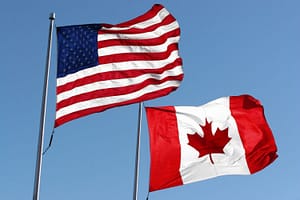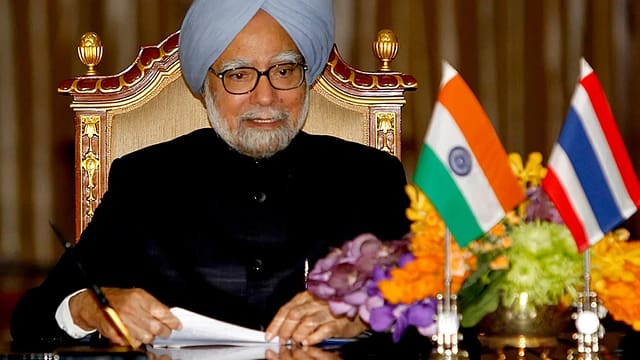New Delhi, India – Zakir Naik, the controversial Islamic preacher, has ignited a firestorm of criticism after stating that living in Pakistan offers a better chance of entering paradise than residing in the United States. Naik made these remarks during his visit to Karachi, where he is scheduled to participate in several events.
His comments, which have been widely shared on social media, have drawn sharp rebuke from both Pakistani nationals and international observers. Many have labeled Naik a “fraudster,” questioning his credibility and sanity for making such outlandish statements. One Pakistani social media user expressed their disbelief, saying, “He’s a disgrace.”
Naik, who is wanted in India for alleged money laundering and inciting extremism, has a history of making inflammatory statements. During his speech, he not only touted the superiority of Pakistan over the U.S. but also condemned Muslims for moving to non-Muslim countries, claiming they could not fulfil their true purpose in life by following Western lifestyles. His remarks raise serious concerns about the message he is spreading, particularly in a country grappling with issues of extremism and societal collapse.
Fugitive and Islamist hate preacher Zakir Naik says that chances of going to Jannat (heaven) while living in Pakistan are hundreds times higher than in USA.
— Aditya Raj Kaul (@AdityaRajKaul) October 6, 2024
That’s true. Suicide bombers and terrorists are far more in Pakistan than anywhere in the world. pic.twitter.com/4RILhYiRWa
In a separate incident, Naik faced backlash when he reprimanded a Pakistani woman who questioned him about rising cases of paedophilia and drug addiction in Pakistan. His response, which involved telling her to apologize for her question, exemplifies a troubling pattern of evasion and dismissal when confronted with uncomfortable realities.
Critics argue that Naik’s views contribute to a harmful narrative that undermines the challenges facing both Pakistan and the broader Islamic community. His assertions not only disregard the lived experiences of many but also perpetuate division and hostility.
In response to Naik’s warm welcome in Pakistan, India’s External Affairs Ministry condemned the situation, stating it is “disappointing” but not surprising that an Indian fugitive has been received so graciously. Naik’s visit to Pakistan raises critical questions about the country’s willingness to shelter individuals accused of serious crimes elsewhere.
As the fallout from Naik’s comments continues, it becomes clear that this controversy is not just about one man’s opinion but reflects deeper societal issues that need urgent attention.



















